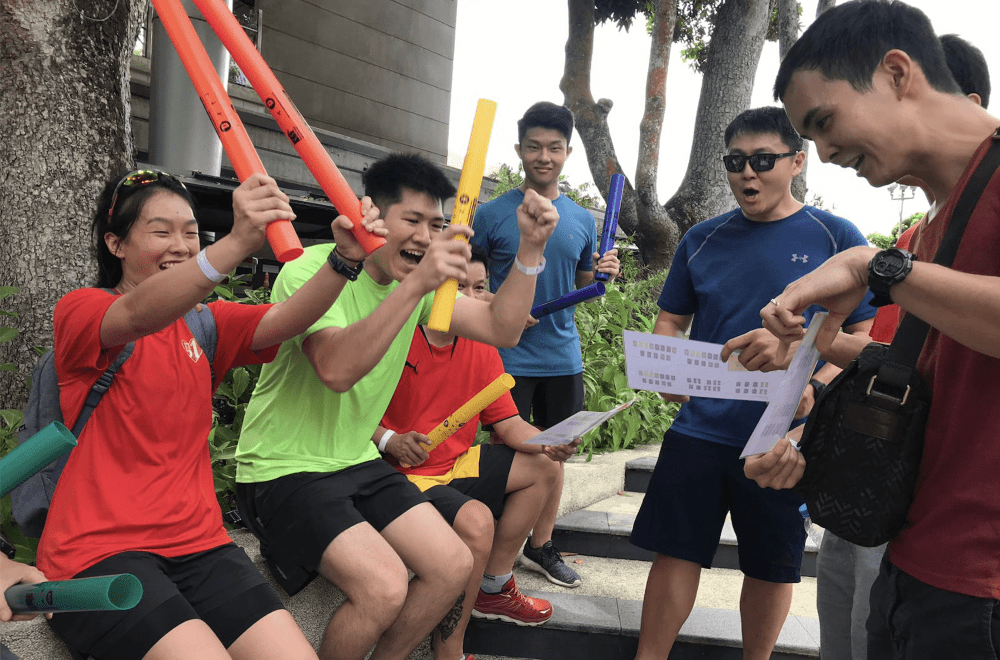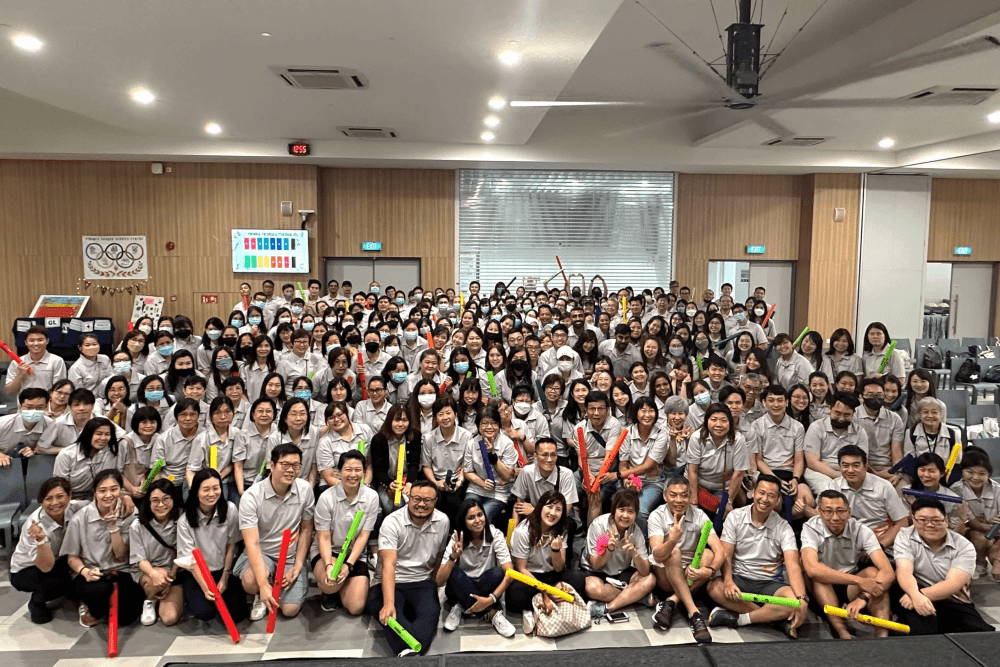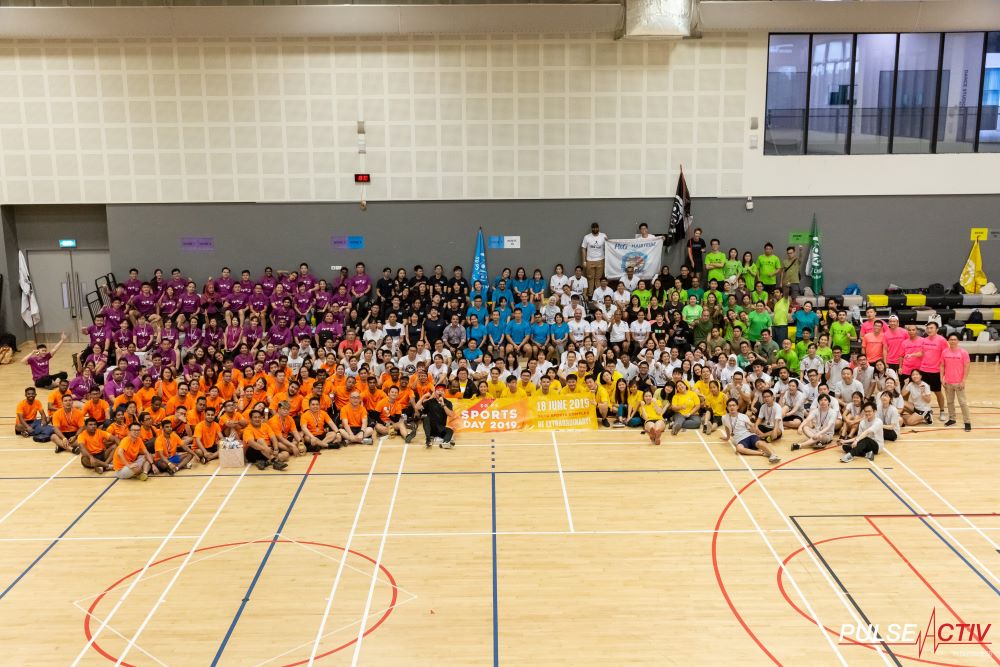Mastering Corporate Event Engagement: How to Keep Everyone Entertained and Energized
Corporate events are essential for fostering teamwork, celebrating achievements, and aligning employees with company goals. However, ensuring that everyone remains entertained, engaged, and energized throughout the event can be challenging. The last thing you want is for attendees to feel bored, disengaged, or exhausted. Here are some strategies to keep your corporate event lively and enjoyable for all.
1. Craft a Dynamic Agenda
A well-structured and dynamic agenda is the backbone of any successful corporate event. Avoid long, monotonous sessions by mixing different types of activities. Alternate between presentations, interactive workshops, networking sessions, and entertainment segments. This variety keeps the energy levels high and prevents attendees from zoning out.
2. Incorporate Interactive Elements
Interactive elements such as live polls, Q&A sessions, and group discussions can significantly enhance engagement. Consider using event apps that allow attendees to submit questions or participate in live quizzes. Interactive activities break the monotony and encourage participation, making attendees feel more involved.
3. Offer Energizing Breaks
Long sessions can lead to fatigue, so it’s essential to schedule regular breaks. Use these breaks as opportunities to re-energize attendees. Incorporate activities like quick stretch exercises, mini-meditation sessions, or even short, fun games. Offering healthy snacks and refreshments during these breaks can also boost energy levels and keep everyone alert.
4. Provide Entertainment Variety
Entertainment is key to keeping the event lively. Consider incorporating different types of entertainment to cater to diverse tastes. This could include live music, comedy performances, magic shows, or even a talent showcase featuring employees. Variety ensures that there’s something for everyone, keeping the excitement alive.
5. Engage with Team-Building Activities
Team-building activities are a great way to keep everyone entertained while fostering collaboration and camaraderie. Choose activities that are fun and inclusive, such as scavenger hunts, escape room challenges, or creative workshops. These activities not only entertain but also reinforce teamwork and communication among participants.
6. Create Comfortable and Inviting Spaces
The physical environment plays a significant role in how attendees feel throughout the event. Ensure that the venue is comfortable, with ample seating, good lighting, and proper ventilation. Create relaxing lounge areas where attendees can take a breather, socialize, or enjoy some downtime. Comfortable attendees are more likely to stay engaged and enjoy the event.
7. Incorporate Technology and Gamification
Leverage technology to create a more immersive and engaging experience. Use event apps for real-time updates, networking, and interactive sessions. Gamification elements, such as leaderboards, achievement badges, and interactive challenges, can also add a competitive edge that keeps attendees motivated and excited.
8. Include Short, Impactful Presentations
Long-winded presentations can quickly lead to disengagement. Instead, opt for shorter, more impactful presentations that get straight to the point. Use visuals, videos, and storytelling techniques to keep the content engaging. TED-style talks are a great example of how short presentations can be both informative and entertaining.
9. Surprise and Delight with Unexpected Moments
Surprises can add an element of excitement to your event. Plan unexpected moments, such as surprise performances, giveaways, or pop-up activities. These surprises keep attendees on their toes and create memorable experiences that leave a lasting impression.
10. Close with a High-Energy Finale
End your event on a high note with a memorable finale. This could be a high-energy performance, a grand prize giveaway, or a group activity that involves all attendees. A strong finish ensures that attendees leave the event with positive memories and a sense of accomplishment.
Conclusion
Keeping everyone entertained and engaged throughout your corporate event requires careful planning and a focus on variety, interaction, and comfort. By incorporating these strategies, you can create an event that not only meets its objectives but also leaves attendees feeling energized, entertained, and eager for the next one. Remember, a successful corporate event is one where everyone walks away with a smile and a lasting sense of connection to the company and their colleagues.
To head back to read another article in our blog, click here.





